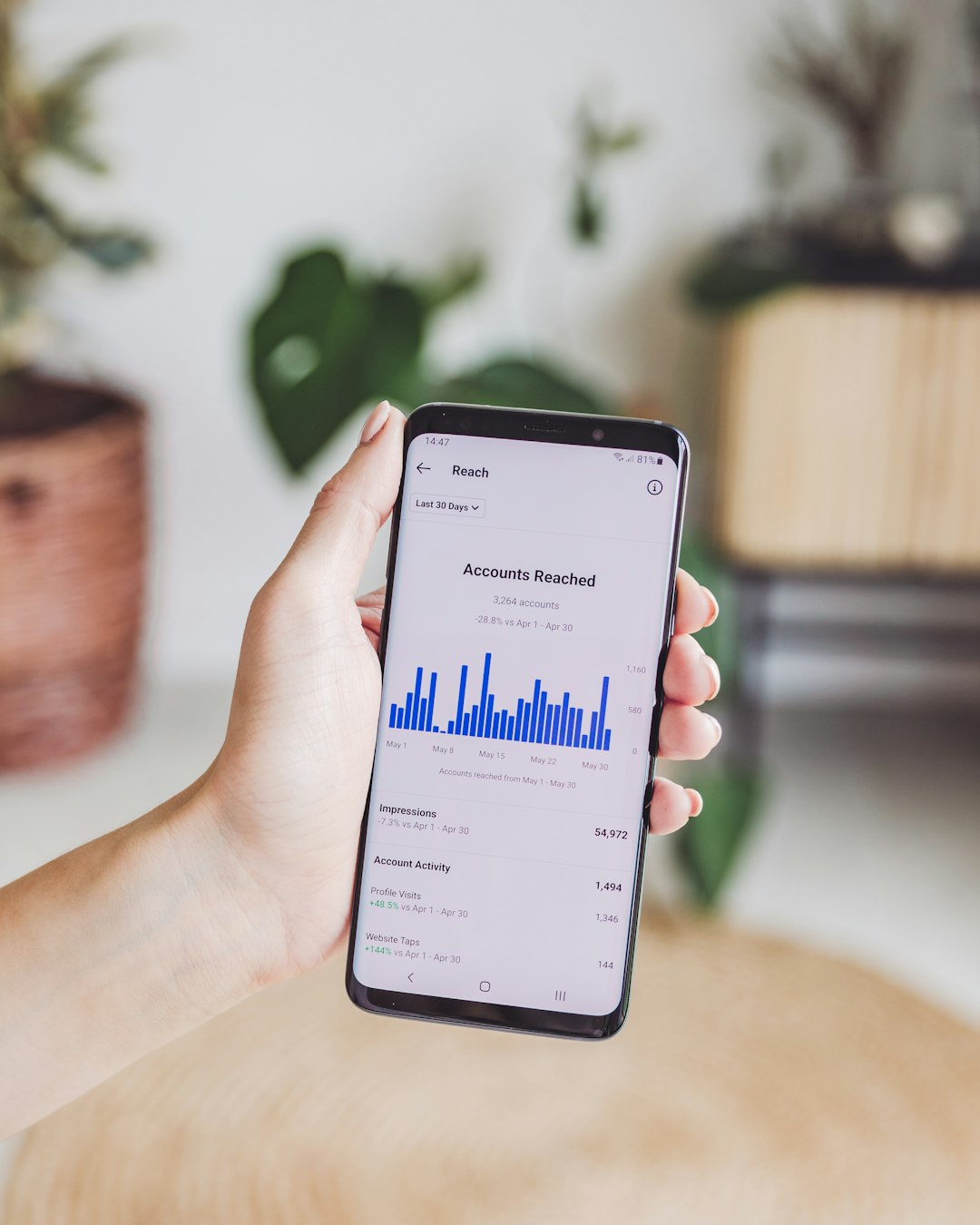In Mississippi, strict "No Call Laws" protect residents from unwanted telemarketing calls by mandating prior express consent for business robocalls or automated messages, with significant penalties for non-compliance. Louisville companies must understand and respect these regulations, ensuring compliance through accurate consent records, opt-out options, legal lead generation methods, and ethical calling practices to avoid fines and maintain a positive reputation.
Louisville businesses must be aware of navigating telemarketing restrictions, especially in light of state regulations like No Call Laws in Mississippi. This comprehensive guide delves into the intricacies of these laws, helping local enterprises understand their rights and obligations. From identifying valid business practices to understanding legal implications and penalties, this article equips Louisville business owners with essential knowledge to stay compliant and avoid costly mistakes.
Understanding No Call Laws: A Brief Overview

In the United States, including Mississippi, “No Call Laws” are in place to protect residents from unwanted telemarketing calls. These laws give individuals the right to rest and avoid unsolicited phone marketing attempts. Under the Telephone Consumer Protection Act (TCPA), businesses must obtain prior express consent before initiating robocalls or automated messages for marketing purposes. Failure to comply can result in significant financial penalties, making it crucial for Louisville-based businesses to understand and adhere to these regulations.
Mississippi’s implementation of No Call Laws follows a national trend aimed at reducing consumer frustration and protecting personal time. Residents are entitled to have their phone numbers removed from marketing lists, ensuring they receive fewer intrusive calls. Businesses must respect this right and implement effective practices to ensure compliance, such as maintaining accurate consent records, offering opt-out mechanisms, and using legitimate lead generation methods that align with legal requirements.
Mississippi's Telemarketing Regulations: What You Need to Know

In the state of Mississippi, businesses engaging in telemarketing activities must adhere to strict regulations aimed at protecting consumers from unwanted phone calls. The No Call Laws of Mississippi are designed to give residents control over their communication preferences and ensure that businesses respect individual privacy. These laws restrict the hours during which telemarketers can make outbound calls, mandating that calls must be made between 8 a.m. and 9 p.m., local time, Monday through Friday. Any violation of these restrictions can result in significant fines for offending companies.
Additionally, Mississippi’s regulations require businesses to maintain an accurate record of consumer consent and opt-out requests. Companies must obtain verbal or written permission before placing any telemarketing calls and honor consumer requests to stop contacting them. By following these guidelines, Mississippi residents can enjoy a quieter, more peaceful home environment while still having the option to engage with interested businesses when it suits them best.
Identifying Valid Business Practices vs. Violations

In the ever-evolving regulatory landscape, it’s crucial for Louisville businesses to differentiate between legitimate business practices and potential violations, especially when it comes to Telemarketing. One key area of focus is understanding No Call Laws, such as those in Mississippi, which are designed to protect consumers from unwanted calls. Businesses must ensure their marketing strategies comply with these laws, respecting consumer privacy and preferences. Valid practices include obtaining explicit consent before making outbound calls, providing clear opt-out options, and adhering to designated “do not call” lists.
Violations, on the other hand, occur when businesses disregard these regulations. This might involve making calls to numbers on the National Do Not Call Registry, failing to honor consumer requests to stop calling, or using aggressive sales tactics. Such violations can lead to significant legal repercussions and damage a business’s reputation. To avoid pitfalls, Louisville businesses should invest in comprehensive training for their telemarketing teams, implement robust compliance checks, and stay updated on regional and national No Call Laws, like those in Mississippi, to ensure ethical marketing practices.
Legal Implications and Penalties for Non-Compliance

In Mississippi, like many states, telemarketing activities are heavily regulated to protect consumers from unwanted calls. The state’s No Call Laws prohibit businesses from making telemarketing calls to residents who have registered their numbers on the Do Not Call list. Non-compliance with these laws can lead to significant legal implications and penalties. Fines can range from hundreds to thousands of dollars per violation, and businesses may face lawsuits from aggrieved consumers.
Moreover, Mississippi’s Attorney General has the authority to take action against companies that engage in abusive telemarketing practices. This can include securing injunctions, imposing monetary penalties, and requiring businesses to implement stringent compliance measures to prevent future violations. It’s crucial for Louisville businesses engaging in telemarketing to understand and adhere to these regulations to avoid legal complications and maintain a positive public image.
Strategies for Louisville Businesses to Stay Compliant

Louisville businesses must remain vigilant in adhering to telemarketing restrictions, particularly those dictated by the No Call Laws in Mississippi. One key strategy is implementing robust do-not-call lists and ensuring compliance with state regulations. This involves regularly updating customer preferences and honoring opt-out requests to avoid any legal pitfalls.
Additionally, training sales and marketing teams on proper calling practices is essential. Emphasize the importance of informed consent, clear communication, and respecting consumer choices. Using automated dialing systems should be carefully considered, as they must comply with specific regulations regarding consumer privacy and data protection.






